CCTV will now ‘hear’, as well as see
CCTV cameras will be able to detect telling noises, such as breaking glass.
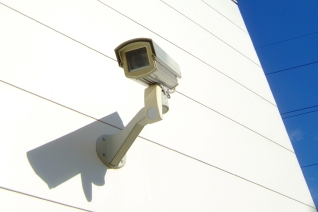
Scientists at the University of Portsmouth have made CCTV cameras even smarter,' creating a technology that allows the cameras to hear' a crime taking place and spin to catch it on film.
The cameras will be able to use artificial intelligence software to allow them to detect the sounds of breaking glass, someone shouting, or the noise of a crowd gathering, and will be able to turn to face the scene within about 300 milliseconds - the same amount of time it would take a person to turn their head if they heard a scream. The software would then alert the camera operator immediately to the suspicious behaviour.
The university said the benefits of this technology not only include alerting camera operators to potential crimes in real time, but it will also mean police officers won't have to sit through hours of recordings to find the crime footage looking for the action or noise indicating the crime, because the software will be able to identify them.
Dr David Brown, director of the university's Institute of Industrial Research, said he expects the technology could get even smarter over time.
"The longer artificial intelligence is in the software, the more it learns," he explained. "Later versions will get cleverer as time goes on, perhaps eventually being able to identify specific words being said or violent sounds."
The scientists are also working on adapting and developing software to identify visual patterns as well, including a person raising their arms suddenly or someone running.
The researchers hope these smart cameras' will help dramatically in cutting response time to the scenes as well as catching more crimes on tape.
Sign up today and you will receive a free copy of our Future Focus 2025 report - the leading guidance on AI, cybersecurity and other IT challenges as per 700+ senior executives
According to figures obtained by the London Assembly's Liberal Democrats last year, just one in five crimes get solved despite spending 200 million over ten years installing and maintaining 10,000 CCTV cameras across London.
The party called for a rollback of surveillance, and earlier this month the Home Affairs Committee told parliament the government should cut back on data collection in order to prevent Britain from becoming a "surveillance society."
-
 Hackers are using LLMs to generate malicious JavaScript in real time
Hackers are using LLMs to generate malicious JavaScript in real timeNews Defenders advised to use runtime behavioral analysis to detect and block malicious activity at the point of execution, directly within the browser
-
 Developers in India are "catching up fast" on AI-generated coding
Developers in India are "catching up fast" on AI-generated codingNews Developers in the United States are leading the world in AI coding practices, at least for now
-
 AWS makes its Panorama Appliance generally available
AWS makes its Panorama Appliance generally availableNews The device helps increase quality control, optimize supply chains, and enhance consumer experiences
-
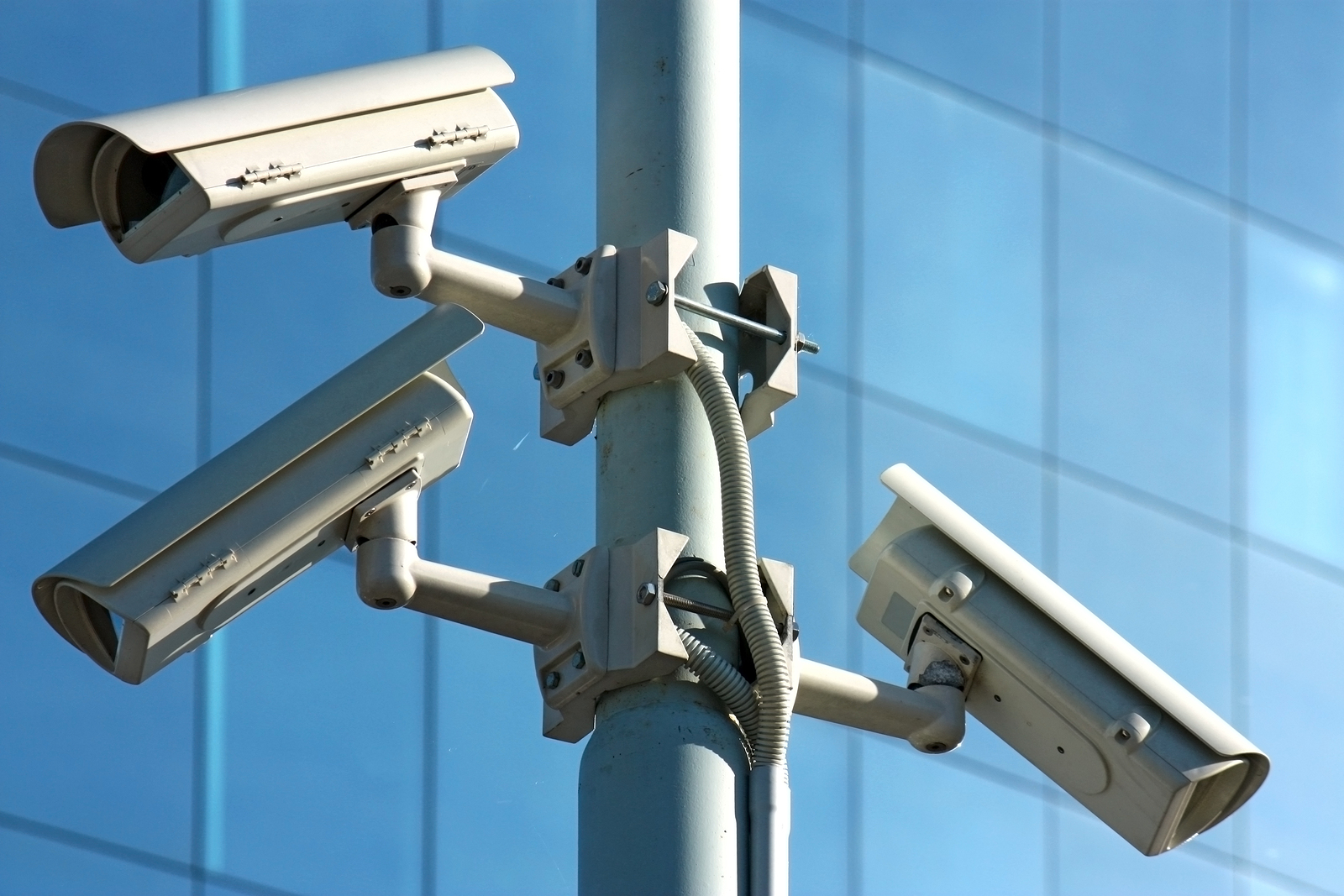 Eagle Eye Networks announces new editions of Cloud VMS
Eagle Eye Networks announces new editions of Cloud VMSNews The editions are suitable for small, medium, and large businesses
-
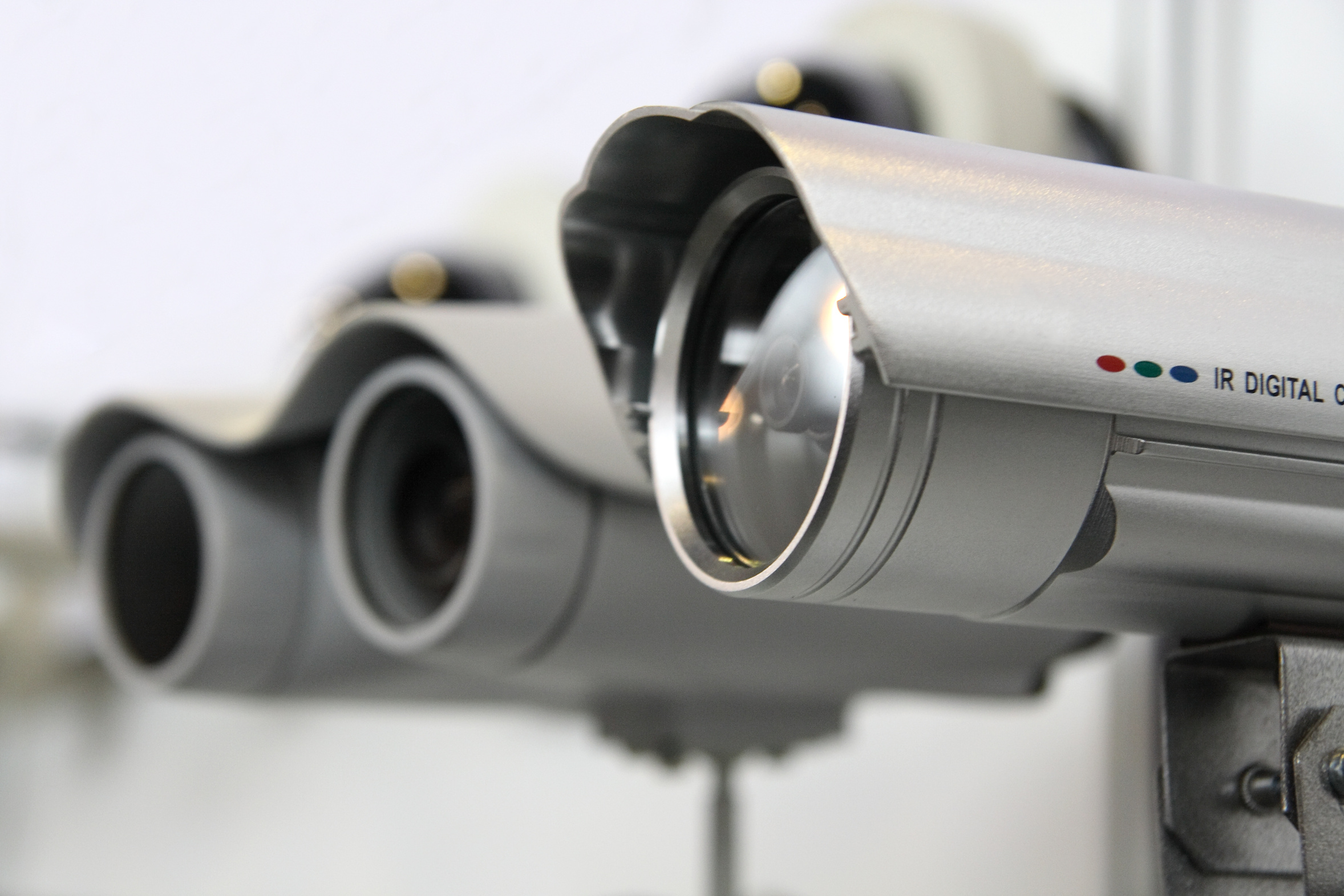 How to build a Raspberry Pi security camera
How to build a Raspberry Pi security cameraTutorials Build your own cut-price surveillance equipment
-
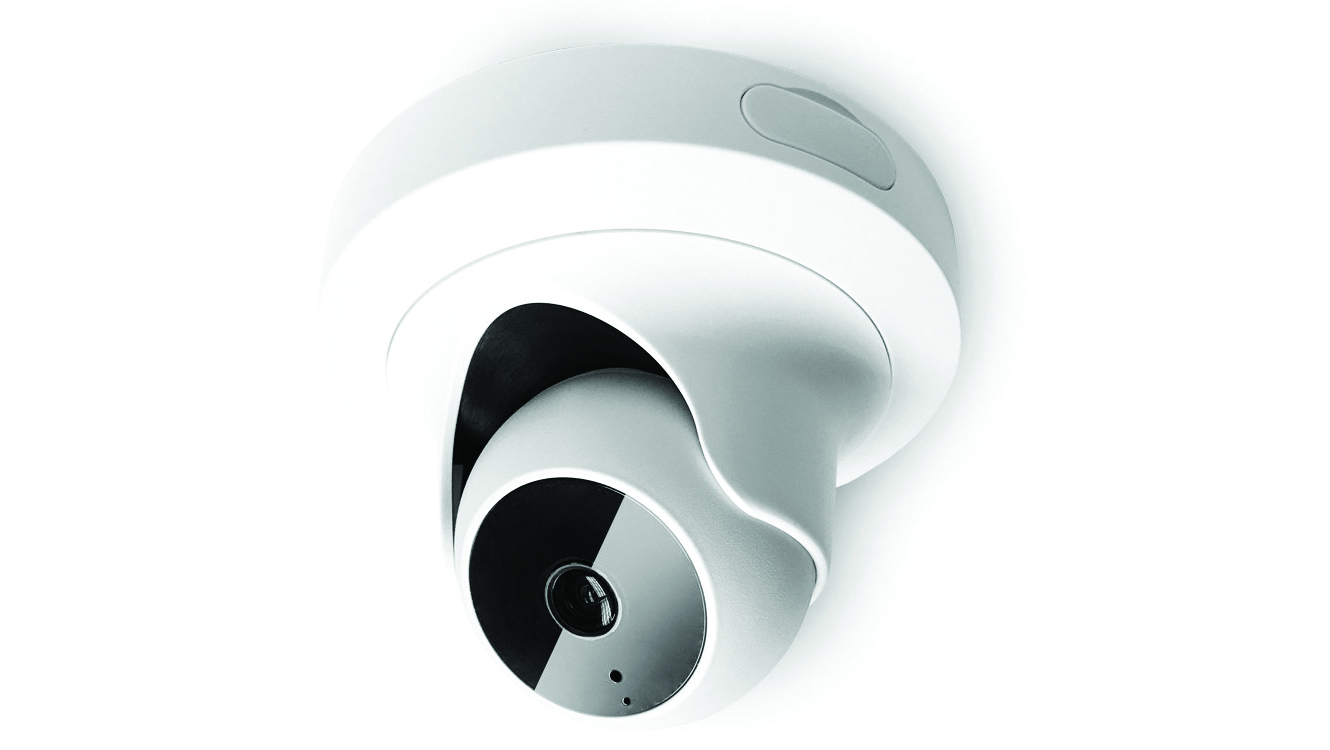
 EnGenius EL-EWS1025CAM review
EnGenius EL-EWS1025CAM reviewReviews A clever hybrid IP camera that combines video surveillance with a wireless AP and support for EnGenius’ Neutron WLAN meshing
-
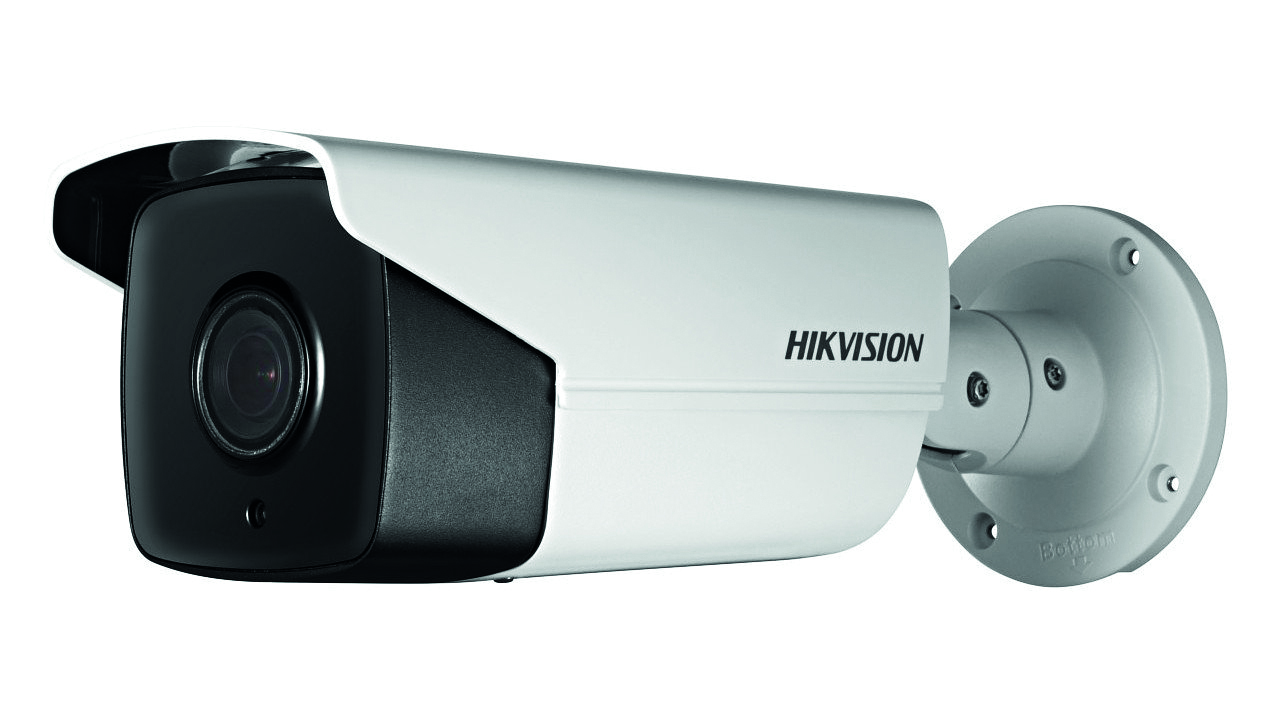
 Hikvision Darkfighter DS-2CD4B26FWD-IZS review
Hikvision Darkfighter DS-2CD4B26FWD-IZS reviewReviews Top image quality, an IP67 rating and colour at very low light levels makes this a great choice for external surveillance
-
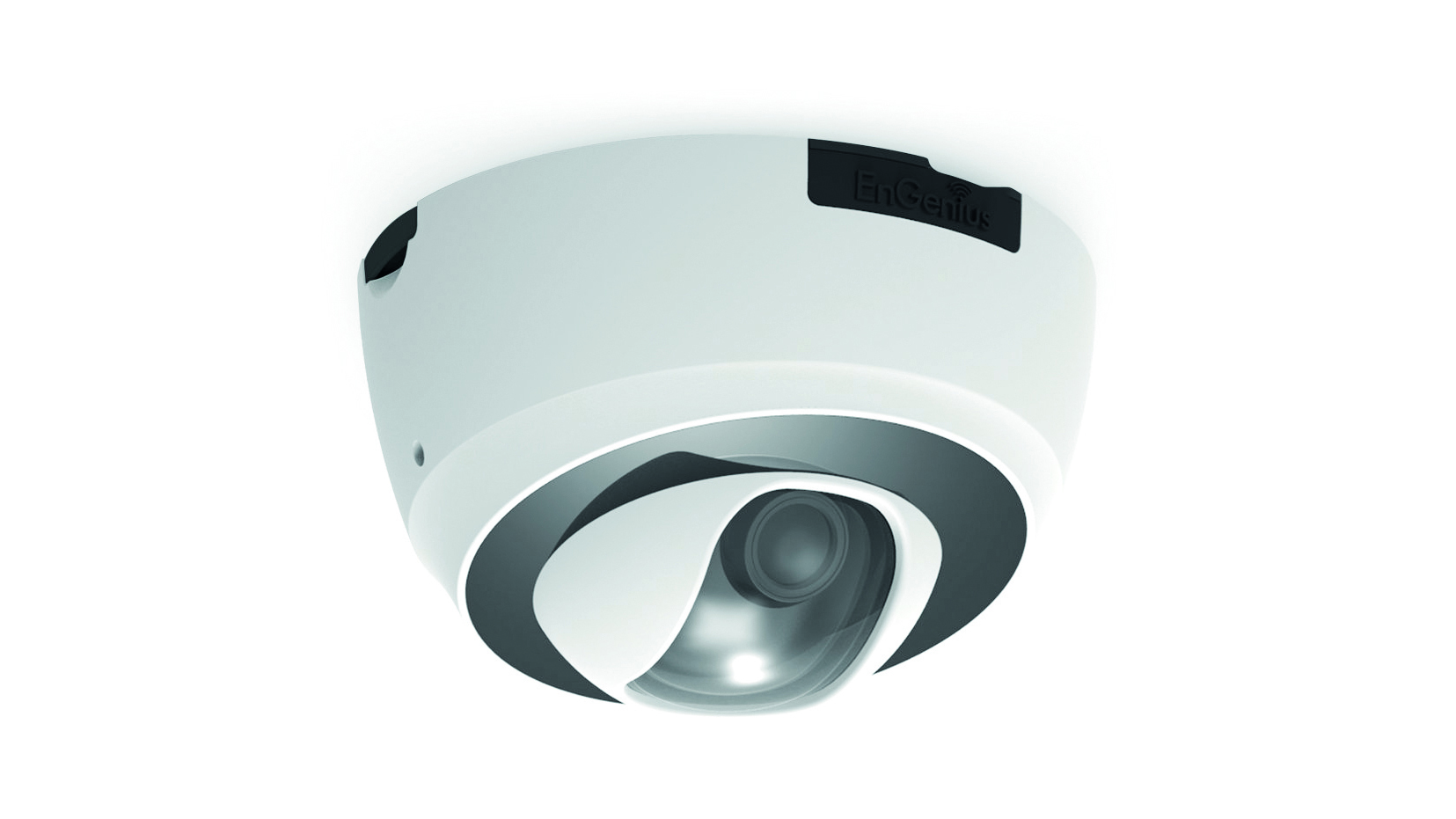 EnGenius EDS6255 review
EnGenius EDS6255 reviewReviews Night vision isn’t great, but this little camera packs in a lot of surveillance features for a tempting price
-
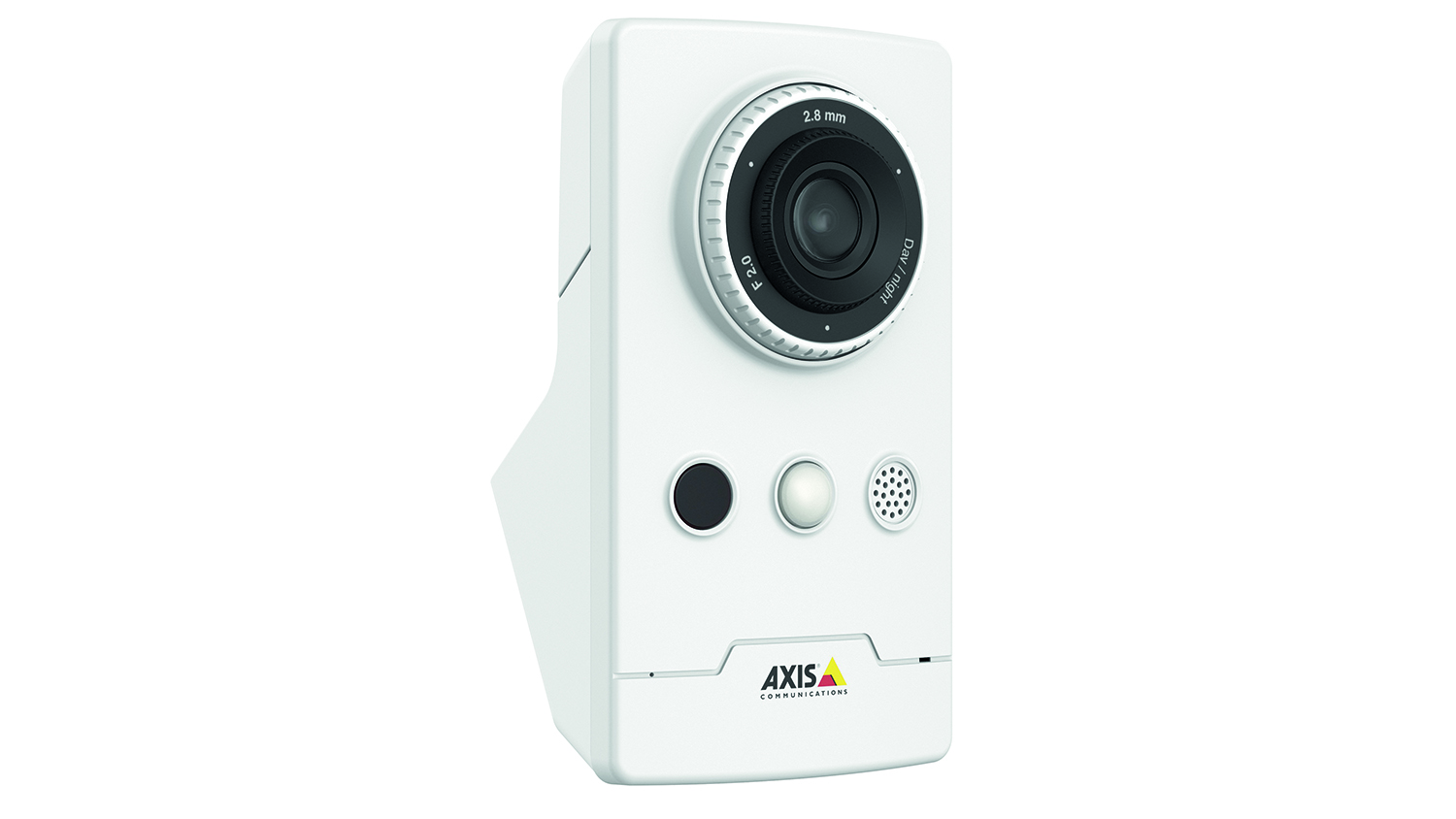
 Axis M1065-LW review
Axis M1065-LW reviewReviews It’s pricey, but this little 1080p camera simply won’t be beaten for video quality and surveillance features
-
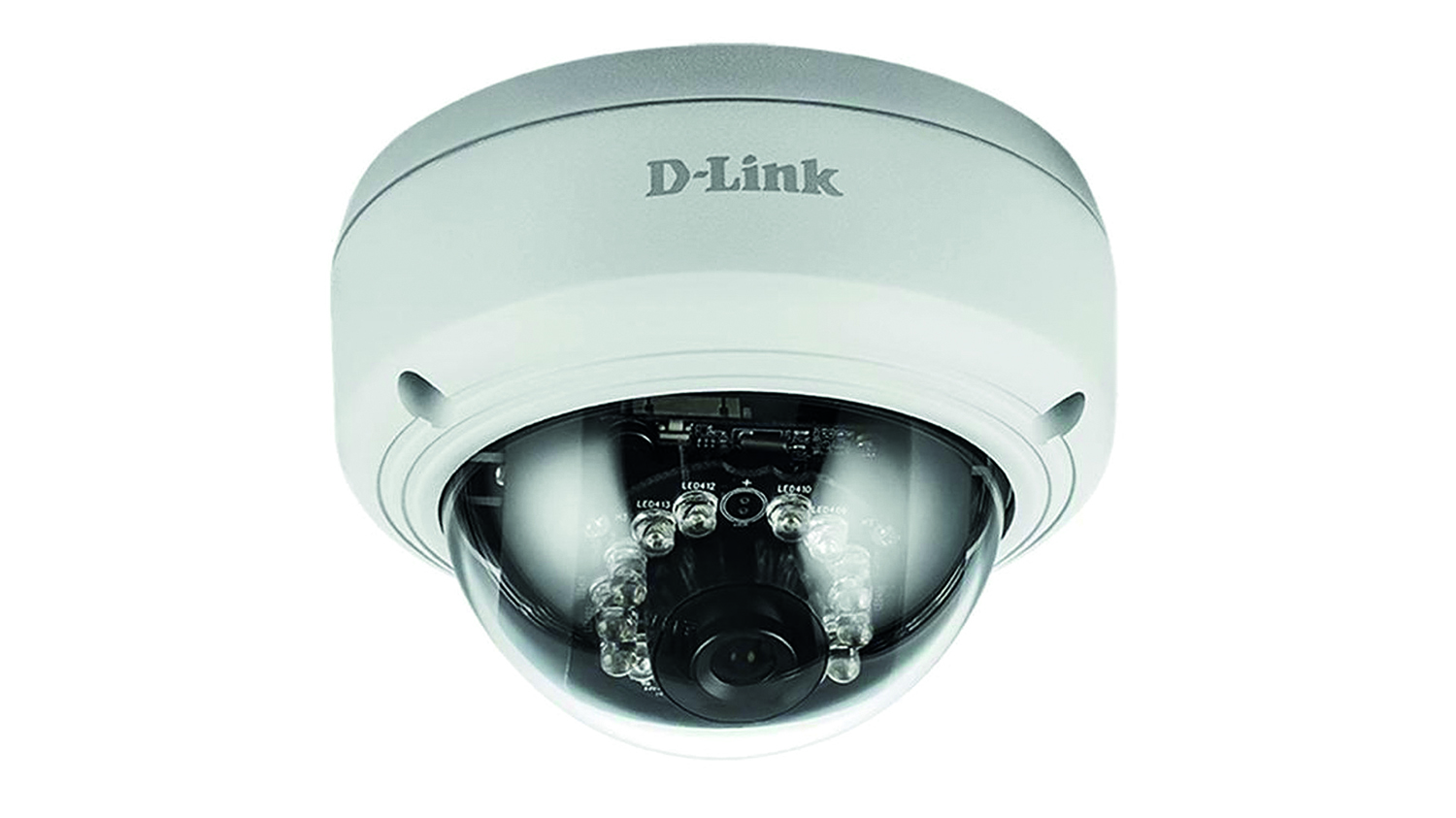 D-Link Vigilance DCS-4602EV review
D-Link Vigilance DCS-4602EV reviewReviews A very affordable outdoor IP camera that’s built like a tank, though image quality is merely adequate